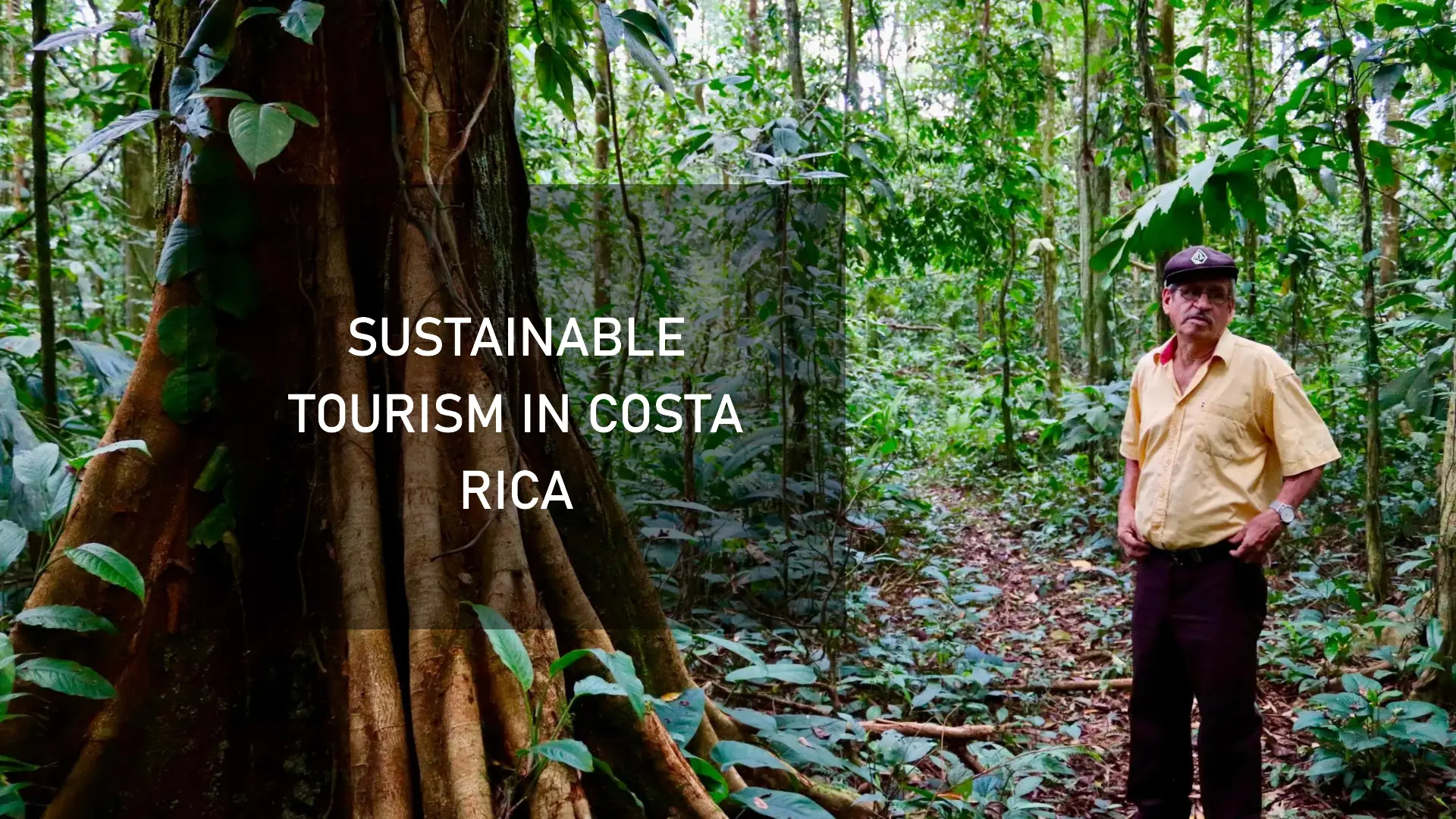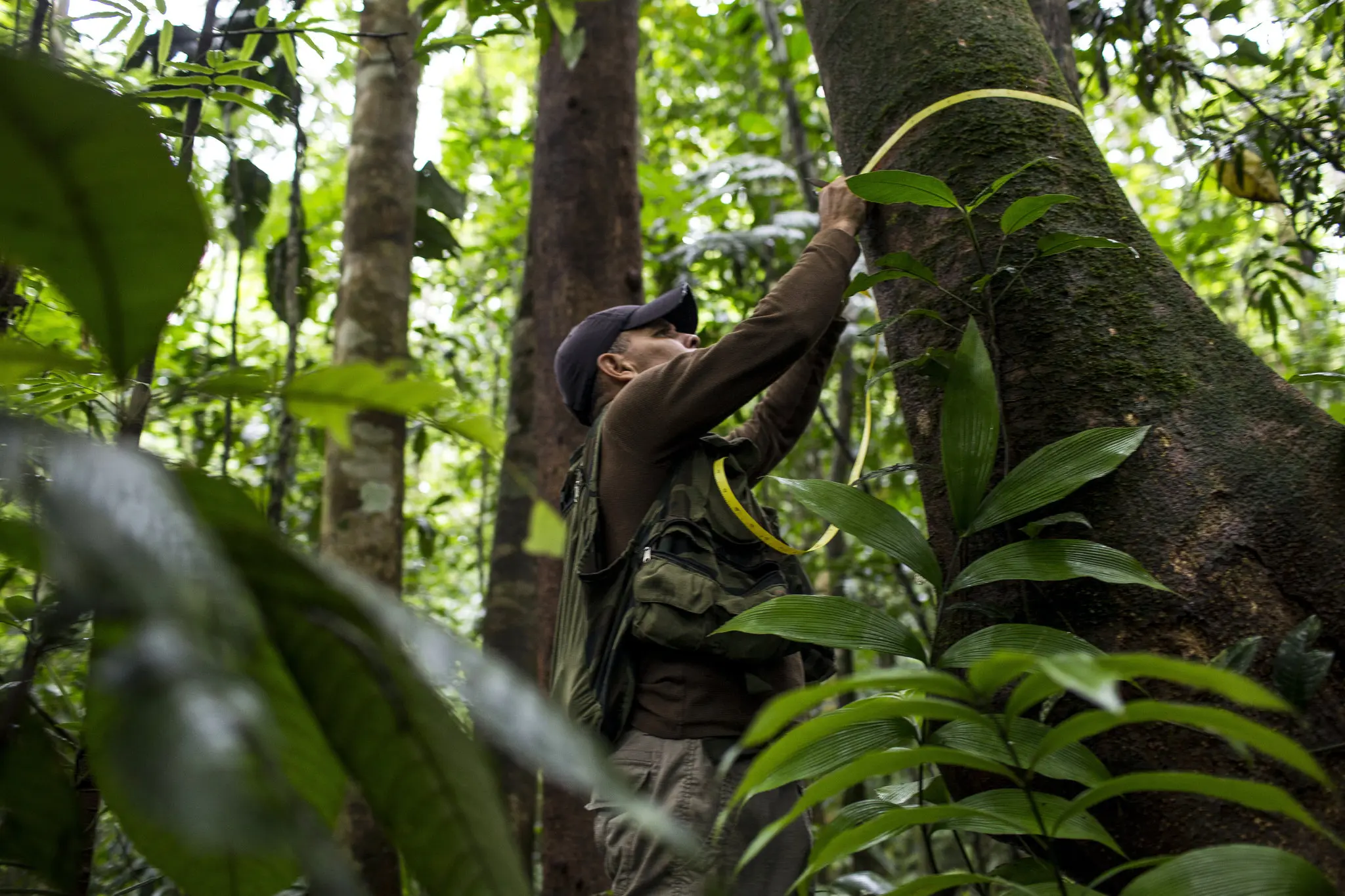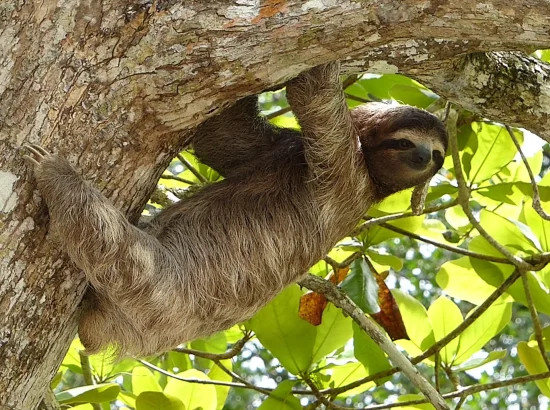The Rise of Sustainable Tourism in Costa Rica: A Model for the World
Introduction
Despite its small size, Costa Rica is renowned for its diverse natural landscapes and rich biodiversity. Home to jungles, volcanoes, cloud forests, and mangroves, this Central American gem boasts an extraordinary array of wildlife. This natural wealth has spurred a growing tourism industry. As tourism flourishes, it is crucial to preserve Costa Rica’s natural resources to maintain its status as a premier destination for nature lovers and protect its fragile ecosystems from the pressures of increased visitation and development.
Read on to learn more about sustainable tourism in Costa Rica.

What is Sustainable Tourism?
Sustainable tourism aims to balance meeting tourists’ needs while safeguarding the environment and benefiting local communities. It minimizes negative impacts on local communities and natural landscapes, promotes conservation, and ensures that cultural heritage and natural resources are preserved for future generations. Importantly, it also ensures that local populations benefit from tourism.
Sustainable Tourism in Costa Rica
Protection of Natural Resources
Costa Rica has dedicated significant efforts to conserve its diverse landscapes and wildlife. With over a quarter of its landmass designated as protected areas, including 28 national parks, 58 wildlife refuges, 11 forest reserves, 8 biological reserves, and 15 wetland and mangrove reserves, the country is a haven for biodiversity. Iconic national parks like Corcovado, Manuel Antonio, and Tortuguero are safeguarded from development, ensuring the survival of stunning animal and plant species and supporting sustainable wildlife tourism.
Related: All about Corcovado
Support for Local Communities
Tourism influxes can disrupt local economies, often driving up prices and shifting focus to service industries. To mitigate this, many sustainable tourism initiatives in Costa Rica support local communities by providing economic benefits while preserving traditional ways of life. For instance, tour operators collaborate with local coffee farmers to offer tours that provide insights into authentic local culture and generate additional income for these traditional businesses.

Use of Renewable Energy
Costa Rica is a global leader in renewable energy, with an impressive 99.78% of its power generated from renewable sources in 2020. The country’s abundant waterfalls, rivers, and volcanic activity allow it to produce about 85% of its energy from hydroelectric and geothermal power, supplemented by wind and solar farms. This commitment ensures that tourist accommodations have a minimal environmental impact, significantly reducing the country’s carbon footprint.
Promotion of Responsible Travel
The Costa Rican government, in partnership with the tourism industry, actively promotes responsible travel practices. These include reducing plastic waste and encouraging sustainable transportation options like bike rentals and electric vehicles. By 2035, Costa Rica aims to have all vehicles powered by electricity. The government’s strong stance on sustainability, including anti-deforestation laws and designating 26% of land as protected, underscores its commitment to preserving the natural environment.
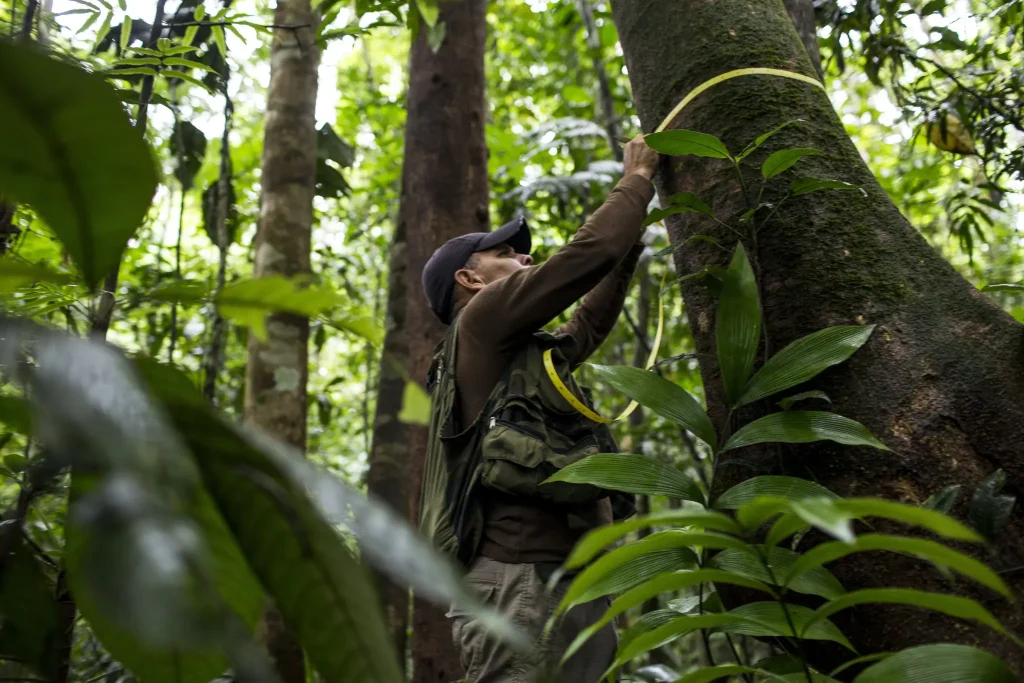
Eco-Friendly Travel Practices in Costa Rica
Should We Travel at All?
When considering the environmental impacts of travel, particularly long-distance flights, one might question whether we should travel at all. While flying uses substantial fossil fuels and emits significant carbon, the benefits of responsible travel cannot be overlooked. Travel can provide enormous benefits to local ecosystems when done correctly, by supporting conservation efforts and bringing economic benefits to communities focused on preserving their natural surroundings.

Traveling Responsibly
Recognizing the potential damage of mass tourism to the environment is crucial. When visitor numbers exceed the environment’s capacity, natural resources are strained. This is where ecotourism becomes vital for sustainability. By balancing business interests with environmental concerns, ecotourism minimizes the negative impacts of tourism on natural resources. The tourism industry holds a unique position to educate people worldwide about environmental protection. Through responsible practices, tourism can inspire individuals to take action to safeguard the environment. Increased visitor numbers bring environmental challenges, as large groups on bus tours or cruise ships strain local resources and damage ecosystems. Opting for small group tours and local guides helps avoid overcrowding and reduces negative impacts. Exploring less-visited destinations with smaller groups ensures a more authentic experience and minimizes the environmental footprint.
Staying at Eco-Friendly Accommodations
Large hotels often consume vast amounts of water and energy, impacting local resources and ecosystems. Instead, consider staying at smaller, family-run boutique hotels or purpose-built eco-lodges. In Costa Rica, eco-lodges that utilize sustainable building materials, water reuse systems, and renewable energy sources are common. These lodges offer comfortable stays with minimal environmental impact, supporting local communities and preserving natural habitats.

Boutique Hotel Uvita: Vayu Retreat Villas
For those seeking an intimate and eco-friendly experience, boutique hotels in Uvita, such as Vayu Retreat Villas, offer an excellent option. These boutique hotels focus on sustainability, using eco-friendly materials and practices to minimize their environmental footprint. Vayu Retreat Villas, for example, provides a luxurious yet eco-conscious stay, where guests can immerse themselves in nature without compromising on comfort. By staying at such accommodations, travelers support local businesses and contribute to the preservation of Costa Rica’s natural beauty.
Exploring Driving Holiday Options
Flying may not always be the ideal way to travel. Consider alternative methods like driving or taking trains, which can offer scenic routes and a gradual immersion into local cultures and landscapes. Costa Rica’s beautiful roads and well-connected routes make driving holidays a viable and eco-friendly option. This approach not only reduces the carbon footprint but also allows for a richer travel experience.
Renting a Car? Read this
Benefits of Sustainable Tourism in Costa Rica
Environmental Preservation
Sustainable tourism practices in Costa Rica have led to the preservation of critical ecosystems, ensuring that natural landscapes remain unspoiled. This has not only protected wildlife habitats but also maintained the country’s appeal as a destination for eco-tourists.
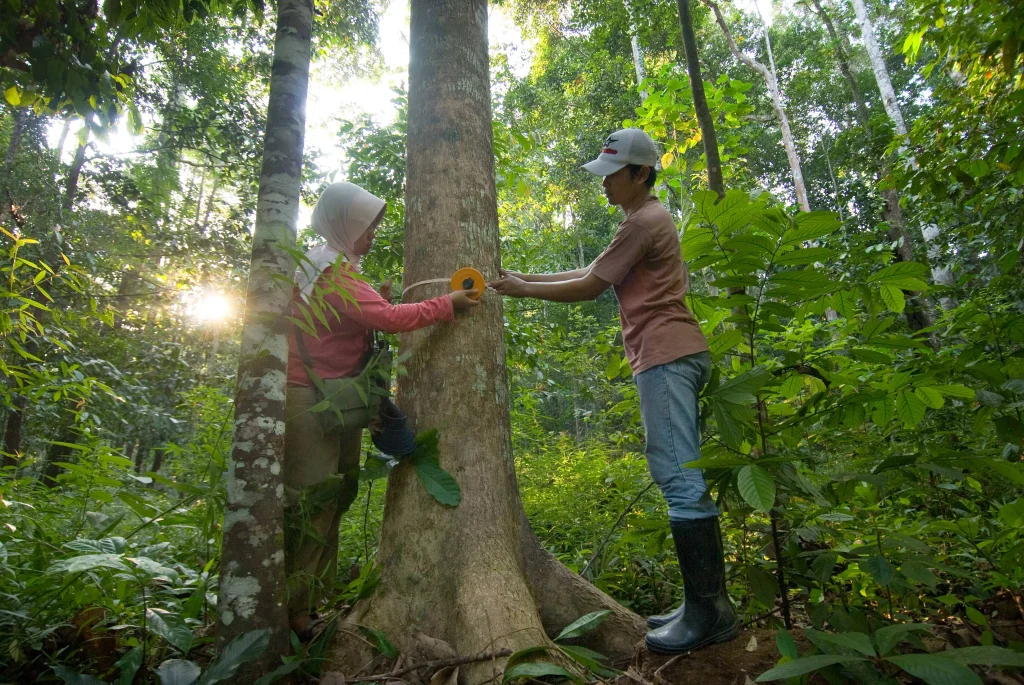
Economic Advantages
Sustainable tourism provides significant economic benefits to local communities. By focusing on authentic experiences and eco-friendly practices, tourism revenue supports local businesses and traditional practices, ensuring economic stability and growth. Sustainable tourism’s impact goes beyond economic empowerment. It also plays a crucial role in conservation funding. By generating revenue through responsible tourism practices, we can channel resources toward preserving the environments that attract visitors. This delicate balance between people and nature is vital for the future.

Cultural Conservation
By promoting sustainable tourism, Costa Rica helps preserve its rich cultural heritage. Tourists are encouraged to engage with local traditions and practices, fostering a deeper appreciation and respect for the local way of life. Additionally tourists’ entrance fees and contributions in a well-managed destination fund site maintenance and conservation efforts.
Challenges and Future Directions
Balancing Growth and Sustainability
As tourism continues to grow, Costa Rica faces the challenge of balancing economic development with environmental conservation. The country’s stunning natural landscapes and rich biodiversity draw visitors from around the world. Therefore, it is imperative to protect these resources. Ongoing efforts are needed to ensure that tourism infrastructure, such as hotels, transportation, and recreational facilities, does not harm the ecosystems that attract visitors.

This involves implementing stringent environmental regulations, promoting sustainable building practices, and encouraging businesses to adopt eco-friendly operations. Additionally, it is essential to engage local communities in conservation efforts. Providing them with education and resources supports sustainable tourism. By fostering a collaborative approach between government entities, private businesses, and local residents, Costa Rica can develop a thriving tourism industry.
Costa Rica must monitor and adapt strategies to address emerging environmental challenges. This will be crucial in maintaining this delicate balance. Ultimately, ensuring that both tourism and the environment can flourish together is key. This collaborative effort will preserve Costa Rica’s invaluable natural heritage for future generations.
Enhancing Community Involvement
Increasing local community involvement in tourism planning and decision-making is crucial for the continued success of sustainable tourism. Ensuring that the benefits of tourism are equitably distributed remains a priority.
Continuous Improvement in Sustainable Practices
Costa Rica must continuously improve and innovate its sustainable practices. This includes adopting new technologies, enhancing conservation efforts, and promoting education about the importance of sustainability.
The Importance of Eco-Friendly Travel
Protecting Local Environments
Traveling responsibly means protecting the environments we visit. By choosing eco-friendly travel options, tourists help preserve the natural beauty and biodiversity of destinations like Costa Rica. This ensures that future generations can enjoy these environments.
Supporting Local Economies
Eco-friendly travel supports local economies by directing tourism revenue to smaller, locally-owned businesses. This ensures that the financial benefits of tourism are distributed more equitably, fostering economic growth within communities rather than concentrating wealth in large, often foreign-owned corporations. By choosing to stay at locally-owned accommodations, eat at family-run restaurants, and purchase goods from local artisans, travelers contribute directly to the economic well-being of the community. This helps maintain traditional practices and ways of life that might otherwise be lost in the face of modernization and mass tourism.
Moreover, eco-friendly travel often involves engaging with local culture and traditions in a meaningful way. Visitors who participate in activities such as guided nature tours, traditional craft workshops, and community-based cultural experiences help to sustain these practices by providing a source of income and recognition for local artisans and guides. This preserves cultural heritage and empowers local residents by valuing their knowledge and skills.
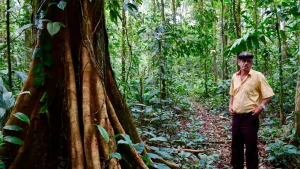
Eco-friendly travel can also encourage the development of new sustainable businesses and initiatives within the community. The demand for organic produce, handmade crafts, and eco-friendly services can lead to the growth of green businesses that prioritize environmental stewardship and social responsibility. This entrepreneurial spirit can drive innovation and resilience within the local economy, creating a more sustainable and self-sufficient community.
By supporting locally-owned businesses and sustainable practices, eco-friendly travel creates a positive feedback loop. The economic boost from tourism enables communities to invest in conservation efforts, improve local infrastructure, and enhance the quality of life for residents. In this way, eco-friendly travel not only benefits the environment but also strengthens the social and economic fabric of the community, ensuring that both nature and culture can thrive for generations to come.
Conclusion
Costa Rica is a global leader in sustainable tourism, clearly demonstrating that it is possible to preserve natural resources while also supporting local communities and welcoming tourists.. The country’s commitment to environmental conservation, renewable energy, and eco-friendly practices sets an inspiring example for other nations. By choosing sustainable tourism options, travelers can actively contribute to protecting the environment and promoting social and economic well-being in the destinations they visit. Staying at eco-friendly accommodations, participating in responsible travel activities, and supporting local businesses are all ways to make a positive impact. Through these efforts, we can ensure that Costa Rica’s unique beauty, rich biodiversity, and vibrant culture are preserved for future generations.
Ultimately, sustainable tourism not only enriches the travel experience, but it also fosters a deeper connection with the natural world and the people who inhabit it. Moreover, it paves the way for a more conscientious and responsible global tourism industry.


